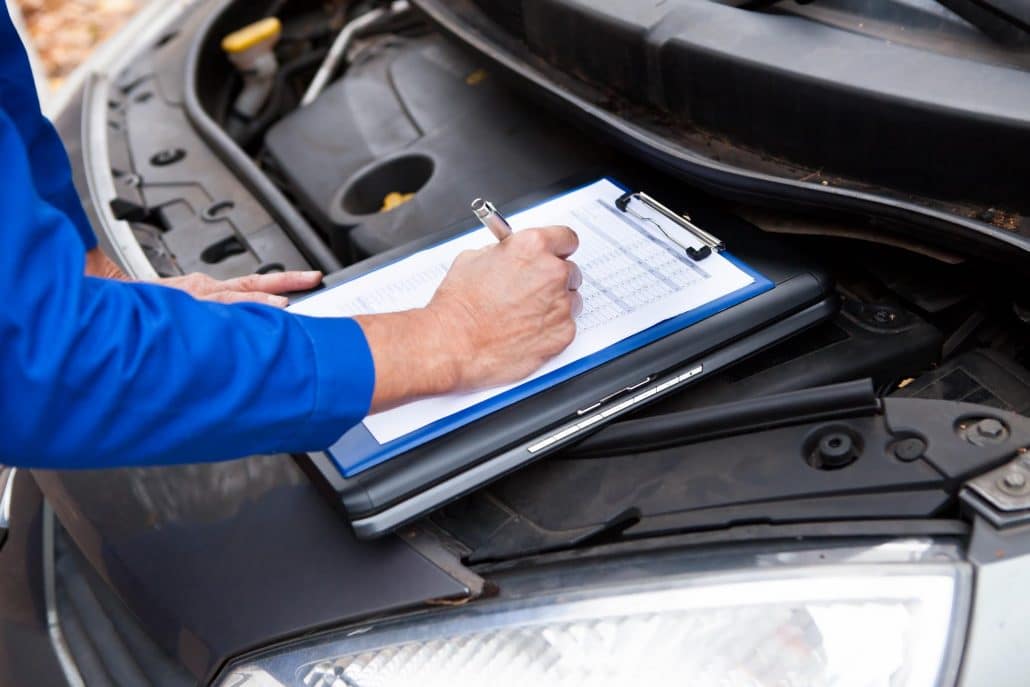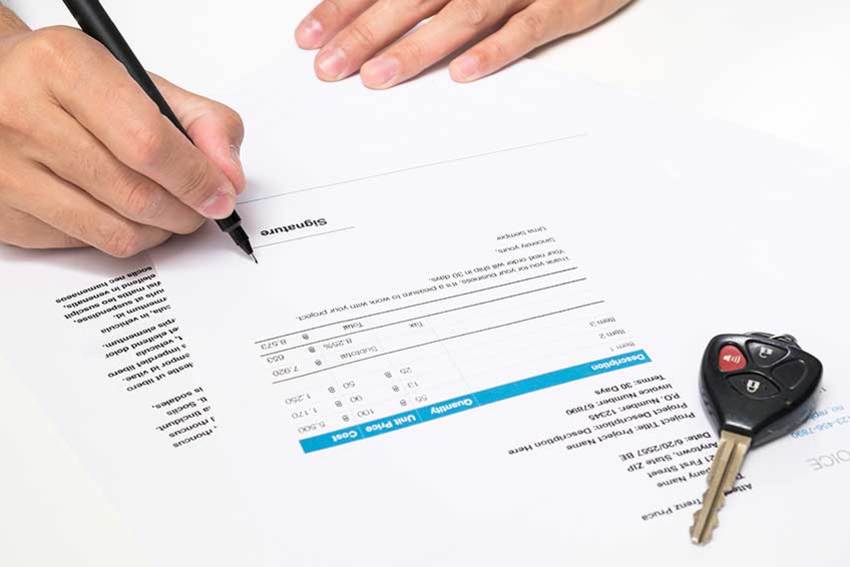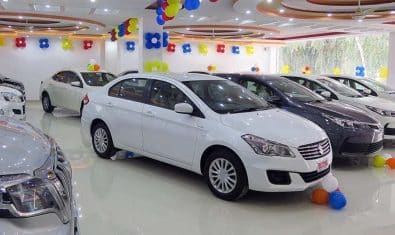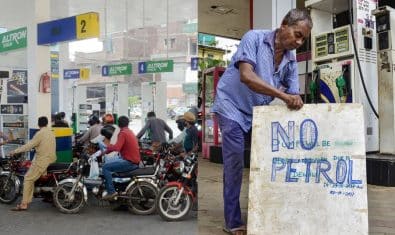Buying a car in Pakistan can be a monumental task as it requires a mix of things; research, patience and most crucially – knowledge.
Having said that, not everyone is capable of making a good decision which elevates the risk of making a wrong one.
To ensure that you are fully prepared and well-educated before you go out to buy your next car, ProPakistani brings you a guide on things you need to be wary of and things you need to look for.
Know Your Budget
Always know your limitations; this can also be seen as a rule of thumb. Before you set a budget, you need to realize that used cars often require extra attention from time to time; be it new tires, maintenance and the like.
If you are going for an older car — say, a 2005 Honda Civic, do remember that it might need repairs and upgrades to be up and running for you after you buy it. The car may look great and well-maintained while also looking its best – sometimes though, its best to wait and be patient because even if its cost fits your budget, the repairs and maintenance might become back-breaking in the future.
So before you set yourself a budget, take all the possible future costs into consideration.
Research The Model
Pre-owned cars do not come with warranty, which makes it even more crucial to do your research beforehand. Every brand has its own reputation as some brands are more reliable than the others in the longer run. Though most good-conditioned and newer cars work good enough, future maintenance is a major issue as it varies with every car model. Major factors, which need to be researched to find the right buy are;
- The cost and availability of parts,
- Availability of a serviceman situated at a convenient distance,
- The serviceman’s reliability,
- Whether an official service center is available for your desired specific model,
- Whether the car has been involved in a previous accident,
- The model’s suitability for the terrain (is the ride-height good enough to scale the speed-bumps in your neighborhood?) it will get driven on in the future,
- The model’s fuel mileage,
- The interior’s space,
Even so, there are still a ton of other highly situational factors so its best to research first.
The best sources to get such information are people who own or have previously owned your desired car model. Its best to ask for their advice, their favorite mechanic, even their favorite engine oil brand to be confident and sure before paying a major sum.
Use Internet forums if you don’t know any owner – to avoid troublesome expenses, its best to be fully aware of what lies down the road.
Research the market price for your car – use advertisement websites or ask around to get a rough estimate of the ‘current’ price – remember, the key for evaluating the right price is comparing with the ‘current’ price.
What To Look Out For
There are still several things you have to consider before bringing your new ride home.
Car Inspection
Now, if you are unfamiliar with the process, when you reach a seller to inspect their car, they will give you some time to thoroughly check the interior and the exterior. Here are some of the things you can do,
- Check if the car has been painted or refurbished – if the owner discloses a past repaint or refurbishment, that’s totally feasible if, of course, you are fine with a repaired car. Though do make sure that the refurbishment was either cosmetic or just a refresh and not due to a major accident.
- Ask the seller to open the car’s bonnet and start the engine – the frontal area of the frame under the bonnet shows if the car was involved in a major-frontal accident. As frontal accidents damage the engine and other important internals, its best to avoid a car involved in one. Frontal accidents, even if thoroughly repaired, result in long-term impairments and costly repairs. Hearing the engine with an open bonnet can help identify problems, try to hear any unusual ringing or buzzing in the car’s sound when it revs.
- Its also good to take a look at the tires – if the tires are old and worn-out, you will need to replace them after buying the car. Knowing this beforehand helps as you can also ask the seller to replace them for you without you having to pay for it.
- Do check if the car’s frame is decaying – the frame gets decayed and deteriorates in older vehicles, due to this, the car becomes vulnerable and inefficient. This is an important consideration because a rotten frame cannot be repaired.
Legitimate Documents
Another crucial thing to consider is the availability of legit car documents. The car should be registered under the right name (preferably the seller’s) and with the right number plate (you can verify number plates here) with all the taxes paid on it.
If the duties are not paid, you can ask the seller to pay it for you or if its suitable, you can also pay for it later but do estimate the amount pending – we don’t need the tax payable to exceed our budget now do we?
It’s also better to find a car registered in the same city or district as the one you live in or live nearby so that any registration-related issues can be sorted easily without having to go to another city.
Bargaining The Price
If you are inexperienced, don’t get discouraged if the car you found exceeds your budget – this happens almost every time you are buying a second hand car because remember; the seller is also looking for a profit and has set a price more than what he’s willing to sell at. Getting a deal lower than the average market price is ideal.
Be persistent – let the seller know how much you want his car and that your budget is limited. Try the infamous “I’m a student” (yes, even if you’re not) phrase, it does the trick almost every time. The seller will ignore a couple thousand rupees if you’re persistent enough. Even though its good to get the price as low as the seller is willing to sell, do remember that overdoing it can discourage the seller and you might lose the car and the deal. Be fair and reasonable.
Transferring Car
When buying the car, the seller will give you an open-ended letter which doesn’t mention any dates or one with fixed dates. Within the mentioned period, the buyer has to get the car registered under their own name. It’s best to do this as soon as possible and you need to check here to know the amount you need to pay as tax when getting the car registered. Do note that the amount varies by engine capacity and your status as an income tax filer or non-filer.
Feel free to share your thoughts and opinions below!




































Hi I like your review about car purchasing guide it is very helpful for me because in couple of days I will buy a secondhand car thanks again
Glad it helped! Thankyou for your feedback.